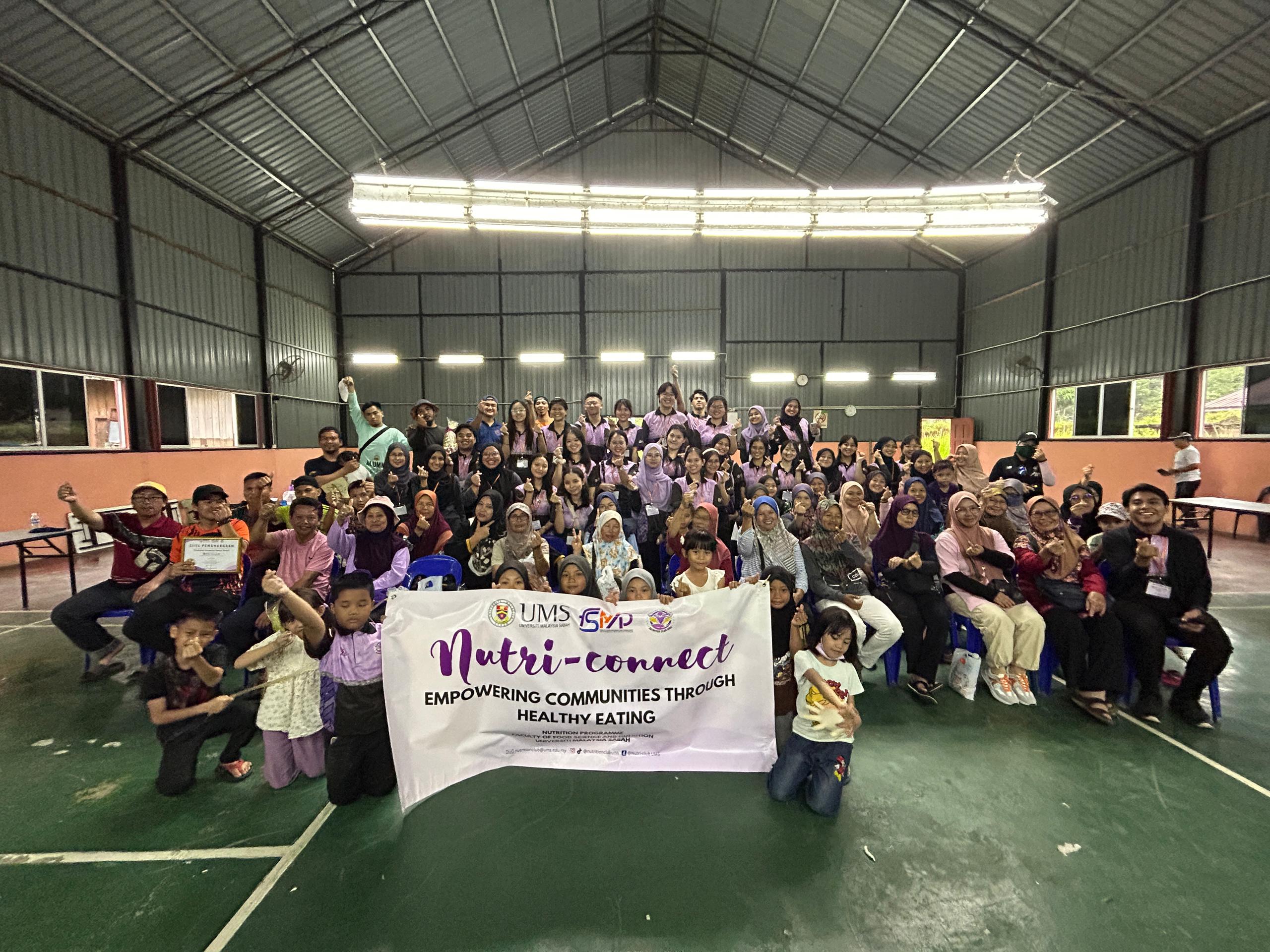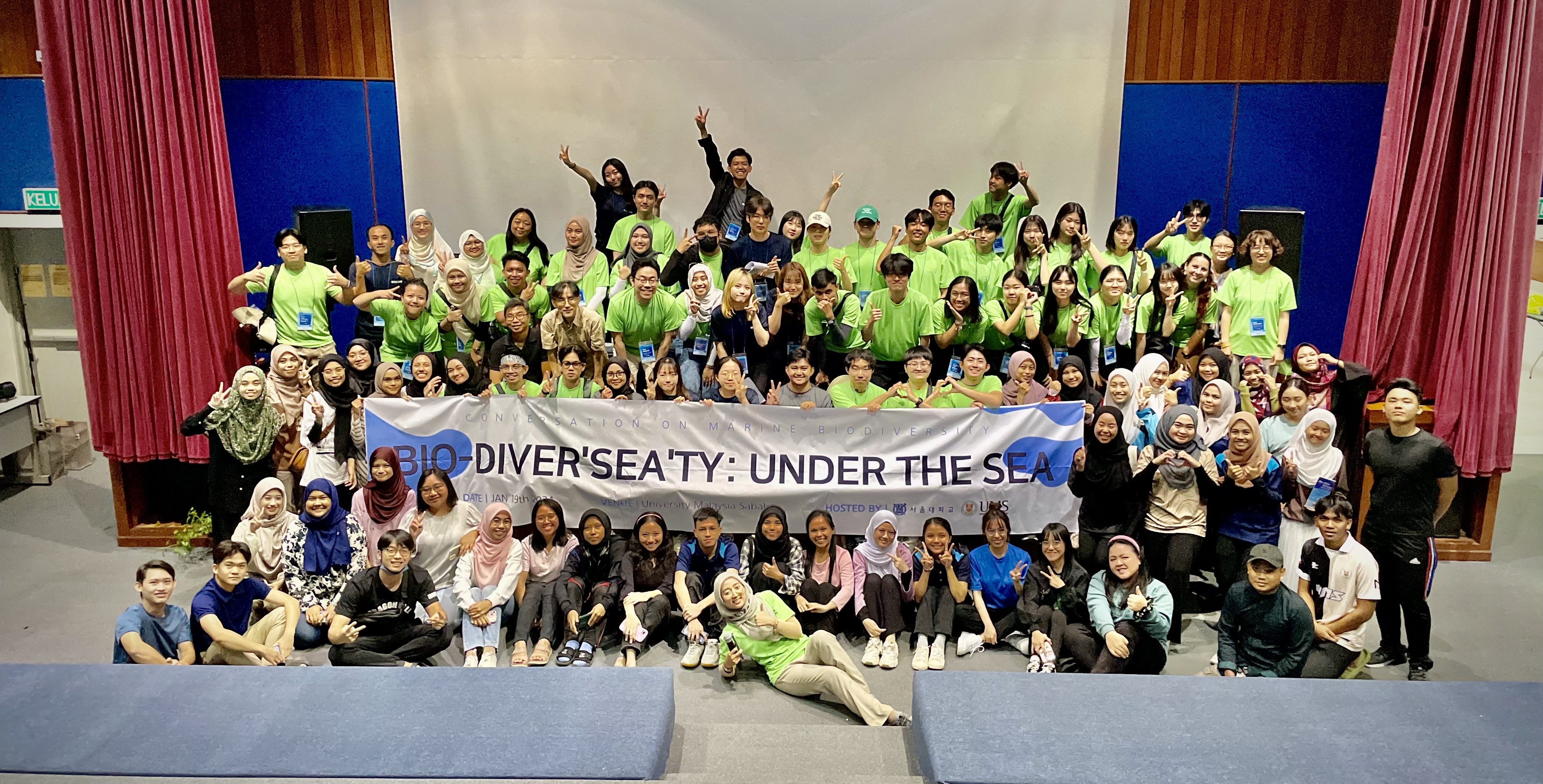
Universiti Malaysia Sabah (UMS) is ready to assist in developing the halal industry in Hong Kong through its expertise and resources.
This was stated by the Dean of the Faculty of Food Science and Nutrition, Prof. Madya Ts. Dr. Hasmadi Mamat, highlighting that the initiative will be driven by collaboration with GBA Halal Certification Centre Ltd.
“The partnership includes consultancy services in halal analytical laboratory expertise, with the involvement of OriGene DNA Testing Company Ltd. for DNA and alcohol analysis in halal food products available in the Hong Kong market.
“Additionally, as a halal training provider registered under JAKIM, UMS is prepared to offer various halal training programs, such as halal awareness courses, halal competency courses, executive halal programs, and halal auditing training for the halal industry players in Hong Kong,” he said.
Dr. Hasmadi made the statement following the signing of a letter of agreement between UMS, represented by its Halal Services and Research Centre (PPPH), and GBA Halal Certification Centre Ltd., during the Halal Pavilion 2024 at the Hong Kong Convention and Exhibition Centre.
He also emphasized that UMS would provide consultancy and advisory services in halal assurance system management to ensure compliance with established halal standards.
Meanwhile, GBA General Manager, Sharifa Leung, expressed optimism about the collaboration’s impact on advancing the halal ecosystem in Hong Kong.
“We deeply appreciate UMS for offering support and assistance in developing the halal industry here.
“My hope is for Hong Kong’s halal industry to grow significantly in the future. I also wish for both Muslim and non-Muslim communities in Hong Kong to benefit from this collaboration, particularly by increasing awareness and knowledge about halal,” she said.



 The Nutri-Connect 1.0 programme held by Faculty of Food Science and Nutrition (FSMP), Universiti Malaysia Sabah (UMS) at Kampung Libang, Ranau recently was an effort by the university to enhance healthy eating education among the communities.
The Nutri-Connect 1.0 programme held by Faculty of Food Science and Nutrition (FSMP), Universiti Malaysia Sabah (UMS) at Kampung Libang, Ranau recently was an effort by the university to enhance healthy eating education among the communities.
 Universiti Malaysia Sabah (UMS) and Seoul National University (SNU) have organized ‘SNU in the World Program + Social Responsibility in Malaysia’, recently.
Universiti Malaysia Sabah (UMS) and Seoul National University (SNU) have organized ‘SNU in the World Program + Social Responsibility in Malaysia’, recently.